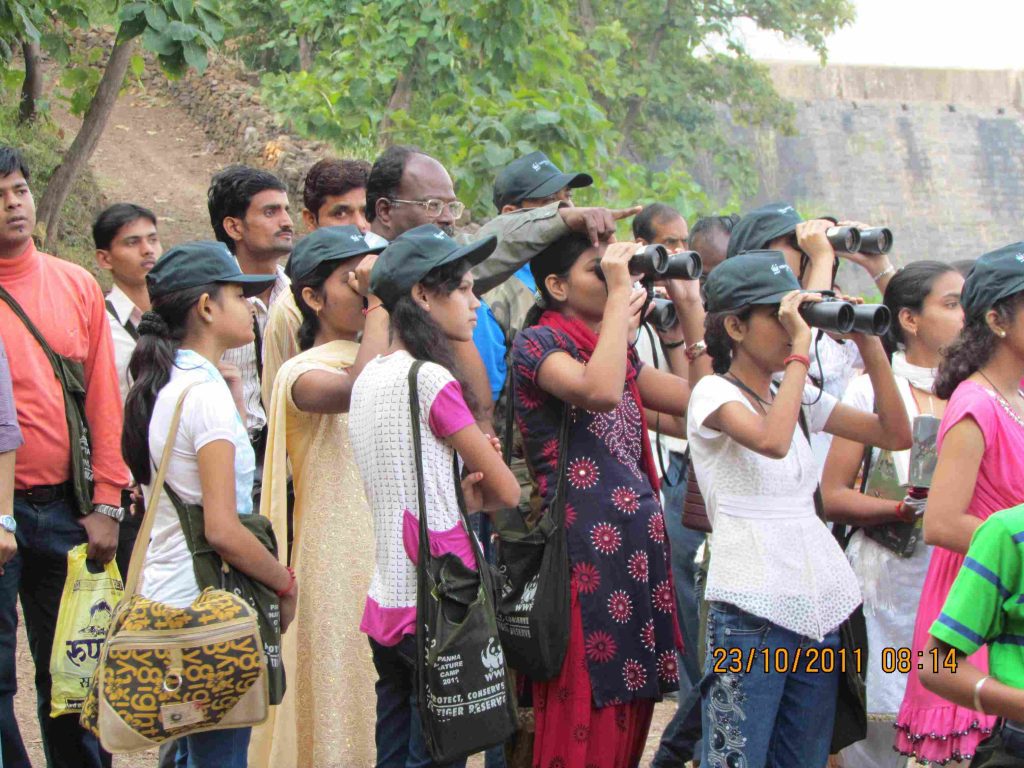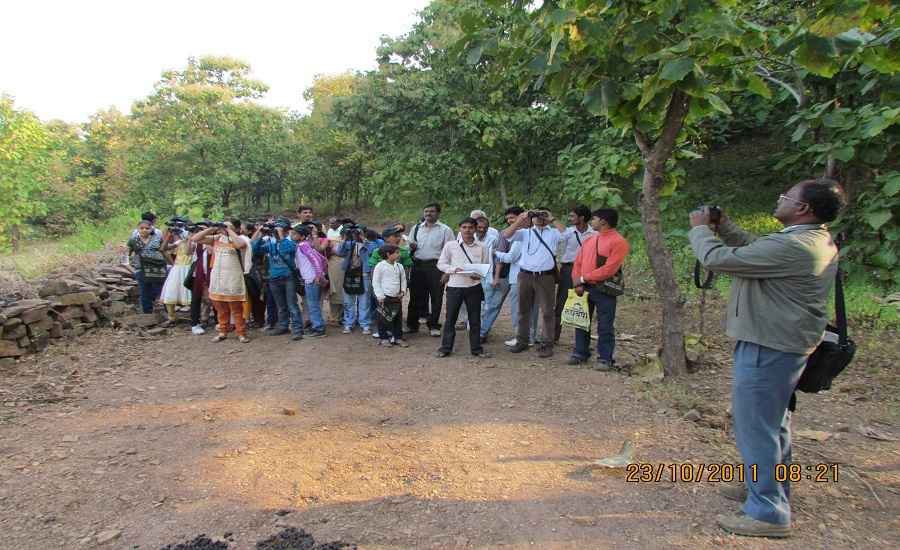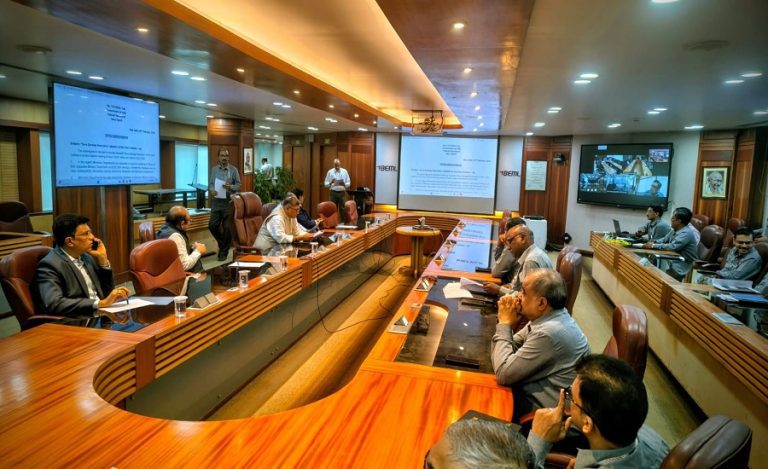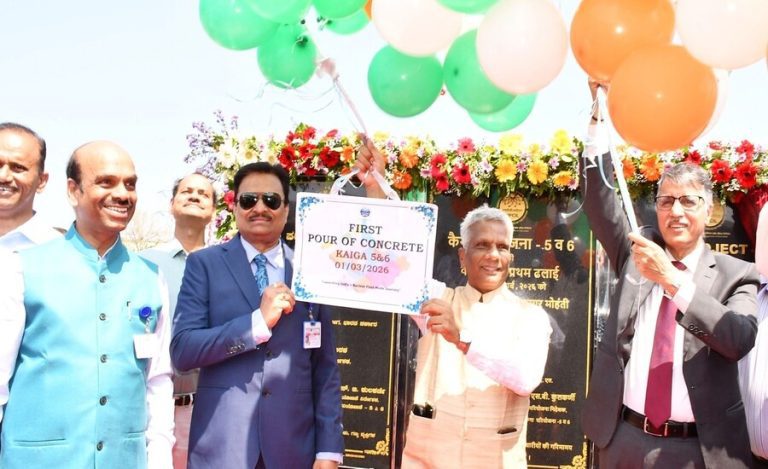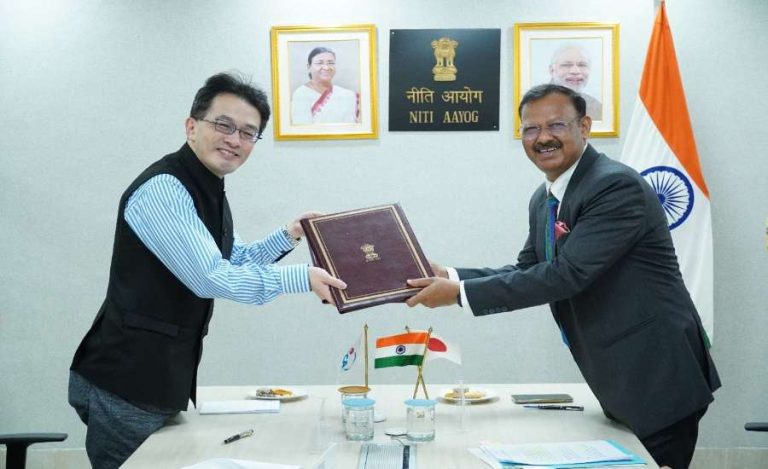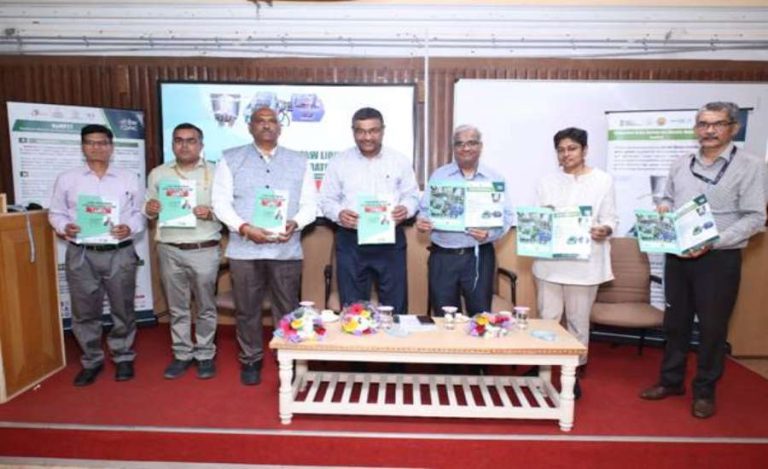Panna, MP: On the occasion of Madhya Pradesh Foundation Day, Panna Tiger Reserve proudly marked the completion of 15 years of its pioneering Nature Camps, an initiative that has become a cornerstone of community-based wildlife and forest conservation in the region. Launched on November 1, 2010, under the leadership of Mr R. Sreenivasa Murthy, IFS (Retd.), then Field Director of Panna Tiger Reserve, the camps were envisioned to engage local communities – especially children – in learning about wildlife and forest ecosystems while fostering a sense of shared responsibility for conservation.
Engaging Communities Through Education
Over the past 15 years, the Panna Tiger Reserve management has successfully conducted 365 Nature Camps, reaching over 11,000 participants, including students, youth, forest personnel, and local villagers. Through immersive field experiences, participants have learned about forest ecology, biodiversity, soil and water conservation, and the importance of coexistence with wildlife. Interactive sessions, storytelling, and practical field exercises, such as birding and nature walks, have made the camps highly engaging.

Bridging the Gap Between People and Park
The camps have played a crucial role in building trust between the Forest Department and local communities. Many participants have become “Friends of Nature,” spreading conservation awareness in their villages and schools. The initiative has also helped transform perceptions: locals who were once opposed to the park now actively support its protection. As a result, tourism has flourished, benefiting local livelihoods. In 2024-25, over 2.75 lakh tourists visited Panna Tiger Reserve, including 15,300 foreign tourists, generating ₹7.42 crore in gate receipts.
Structured and Impactful Camp Model
The Panna Nature Camps follow a well-structured schedule. Participants assemble at the PTR office for an orientation session, followed by a field visit to the Hinauta Park Interpretation Center and Majhgawn Dam area, where they learn about ecosystem functioning, flora, fauna, and wildlife conservation practices. Interactive role-plays, storytelling, and practical exercises reinforce the learning experience. The day concludes with a park visit and a short examination, recognizing the top three participants with appreciation certificates.
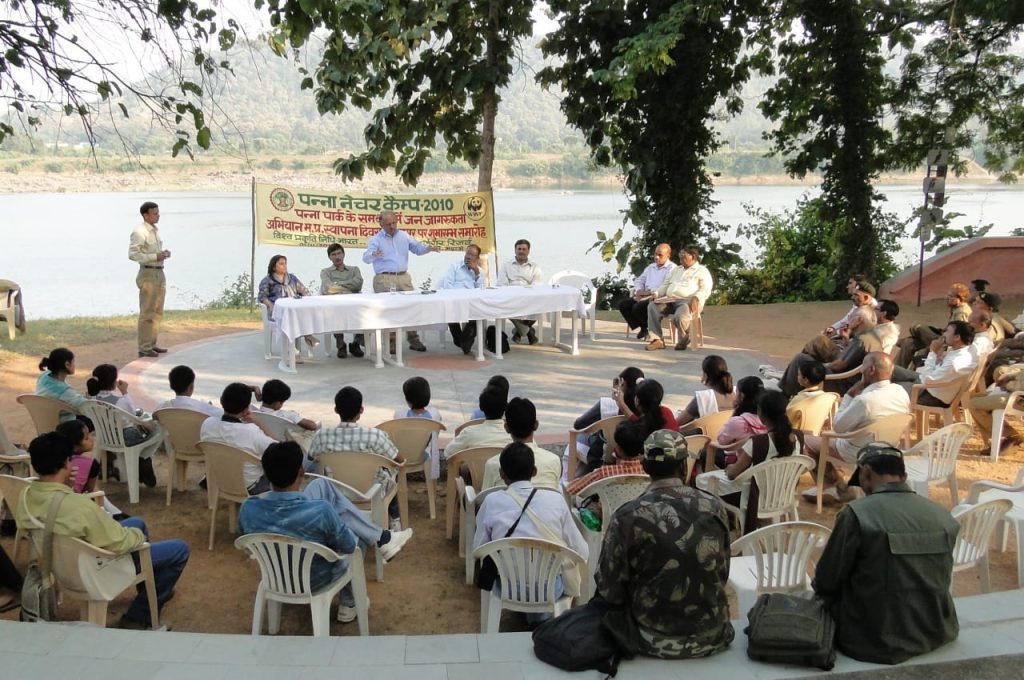
Initially conducted personally by the then Field Director to train resource persons, the camps now run independently under the guidance of Shri Naresh Kumar Yadav, IFS, Field Director, and Shri Mohit Sud, IFS, Deputy Director. Resource persons such as Mr. Manish Rawat and Mr. Bhavanideen Patel oversee camp operations, ensuring quality and continuity.
A Collaborative Effort
The success of Panna Nature Camps owes much to the collaborative efforts of officers, teachers, field staff, and supporters, including Shri Ravi Singh of WWF-India, Smt. Sangita Saxena of WWF-MP-CG, and Mr. Sanjay Thakur, Pune. Support from organizations like NMDC, which provided a bus for the camps in 2015, has further strengthened the program. Contributions from successive Field Directors and staff members have ensured uninterrupted operations, with only a brief pause during the COVID-19 pandemic.
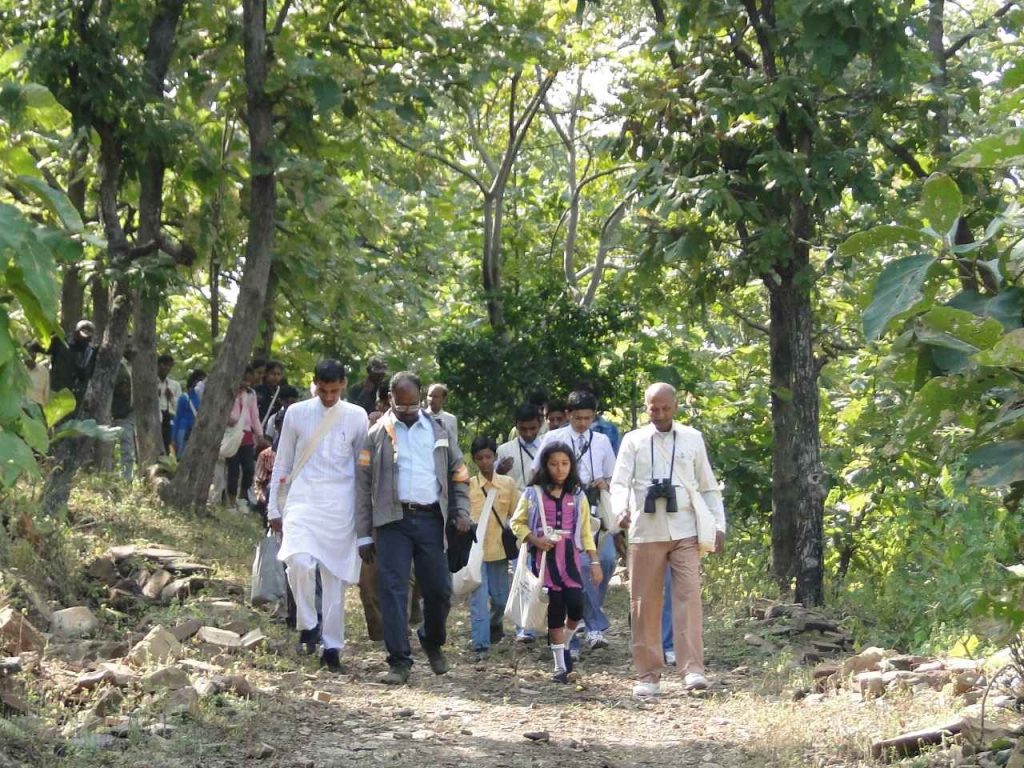
A Role Model for Conservation Across India
The Panna Nature Camps have become an exemplary model of people-centered conservation, aptly described as “Jan Samrakshan se Baagh Samrakshan” – tiger conservation with people’s support. By fostering awareness, participation, and sustainable livelihoods, the program aligns with National Biodiversity Target No. 1 and serves as a model for protected areas across India.
Fifteen years on, the Nature Camps continue to bridge the gap between communities and wildlife, inspiring a new generation to protect forests, tigers, and biodiversity for the future.
